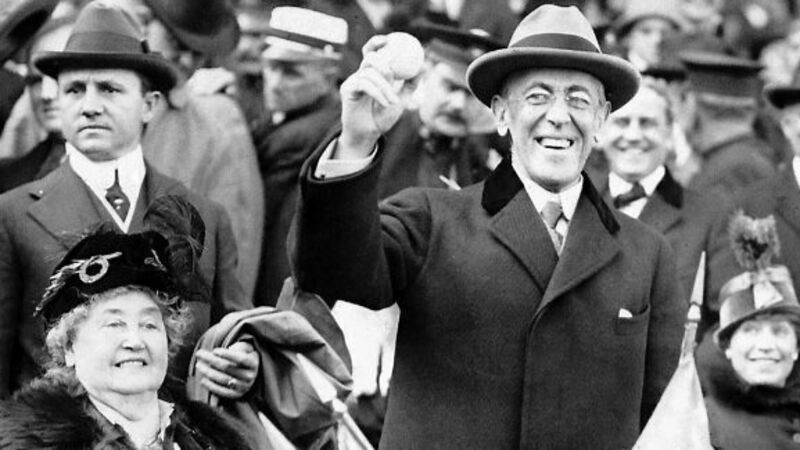US holds fire as the war twists and turns

The sinking of RMS Lusitania is often described as the event that brought the US into the First World War. In fact, the US did not declare war on Germany until almost two years after the loss of the passenger liner. However, the Lusitania sinking did strongly affect US public opinion, raise tensions with Germany, and create the conditions for the US entry into the Great War in April 1917.
The US declared its neutrality in August 1914, at the outset of the First World War. Pro-Allied support was evident in the US, with the transatlantic connection strengthened in the ensuing months by increased financial and trade assistance from the US to France and Britain. In addition, an Anglo-American campaign to provide humanitarian assistance to Belgium emphasised German crimes (real and imagined), which raised anti-German sentiment. Pro-German opinion was less common in the US, but it could be found within influential ethnic communities of German-America and Irish-America. Overall, America’s neutrality in the war remained the most popular policy choice. President Woodrow Wilson’s later description of the Great War as, “a drunken brawl in a public house” seemed to resonate with his people.














